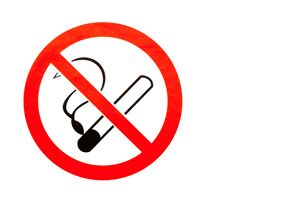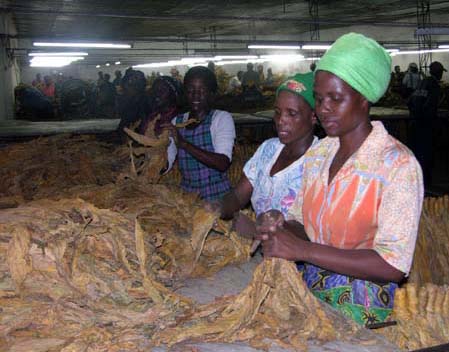British American Tobacco and other multinational tobacco firms have threatened governments in at least eight countries in Africa demanding they axe or dilute the kind of protections that have saved millions of lives in the west, according to a story by Sarah Boseley for The Guardian.
The story, Threats, bullying, lawsuits: tobacco industry’s dirty war for the African market, is the first instalment in a series of reports that the UK-based newspaper is due to run under the heading, Tobacco: a deadly business.
Boseley said that BAT was fighting through the courts to try to block the Kenyan and Ugandan governments’ attempts to bring in regulations to limit the harm caused by smoking.
The company hoped to boost its markets in Africa, which had a fast-growing young and increasingly prosperous population.
‘In one undisclosed court document in Kenya, seen by the Guardian, BAT’s lawyers demand the country’s high court “quash in its entirety” a package of anti-smoking regulations and rails against what it calls a “capricious” tax plan, Boseley said. ‘The case is now before the supreme court after BAT Kenya lost in the high court and the appeal court. A ruling is expected as early as next month.
‘BAT in Uganda asserts in another document that the government’s Tobacco Control Act is “inconsistent with and in contravention of the constitution”.
‘The Guardian has also seen letters, including three by BAT, sent to the governments of Uganda, Namibia, Togo, Gabon, Democratic Republic of Congo, Ethiopia and Burkina Faso revealing the intimidatory tactics that tobacco companies are using, accusing governments of breaching their own laws and international trade agreements and warning of damage to the economy.
‘BAT denies it is opposed to all tobacco regulation, but says it reserves the right to ask the courts to intervene where it believes regulations may not comply with the law.’
Meanwhile, The Guardian said that its series of tobacco reports was focused on the damage caused by the tobacco industry, which continued to endanger the lives of millions of the world’s most vulnerable people
‘This content is funded by support provided, in part, by Vital Strategies with funding by Bloomberg Philanthropies,’ the newspaper said. ‘Content is editorially independent and its purpose is to shine a light on both the tobacco industry and the world’s most vulnerable populations, who disproportionately bear the brunt of the global health crisis resulting from tobacco consumption.
‘Although tobacco consumption remains one of the world’s greatest health threats, media coverage has decreased as the sense of urgency to address the issue has waned. This investigative reporting series seeks to renew the focus on tobacco consumption and deaths worldwide, contextualised through the duel [sic] lenses of global inequality and health.
‘All our journalism follows GNM’s published editorial code. The Guardian is committed to open journalism, recognising that the best understanding of the world is achieved when we collaborate, share knowledge, encourage debate, welcome challenge and harness the expertise of specialists and their communities.
Unless otherwise stated, all statements and materials posted on the website, including any statements regarding specific legislation, reflect the views of the individual contributors and not those of Vital Strategies and/or Bloomberg Philanthropies.’
Boseley’s piece is at: https://www.theguardian.com/world/2017/jul/12/big-tobacco-dirty-war-africa-market.








